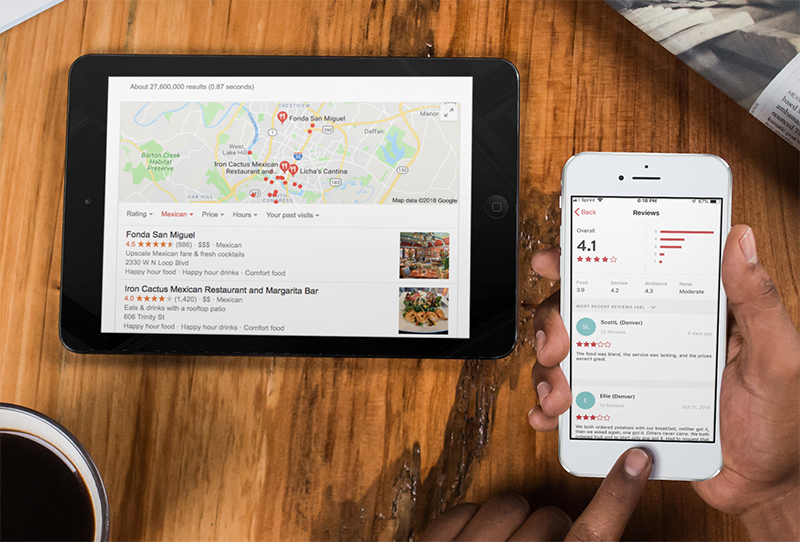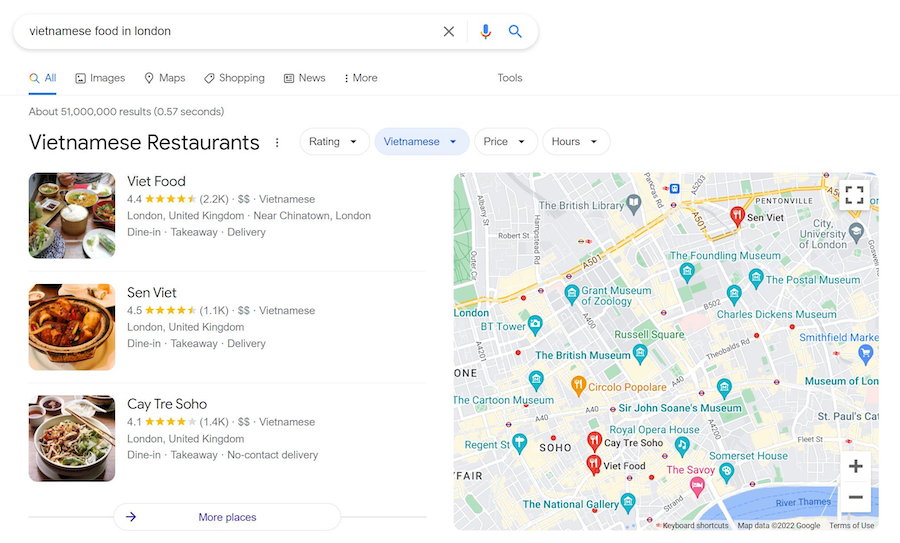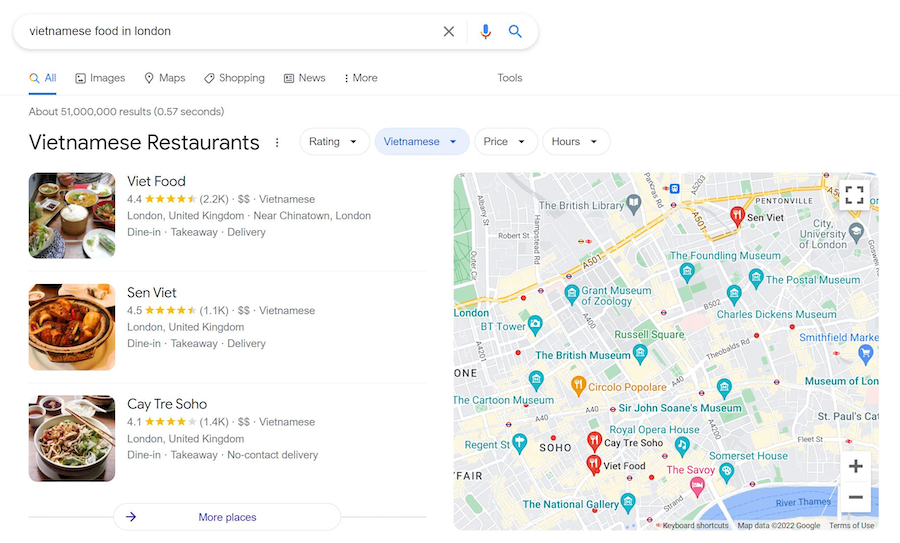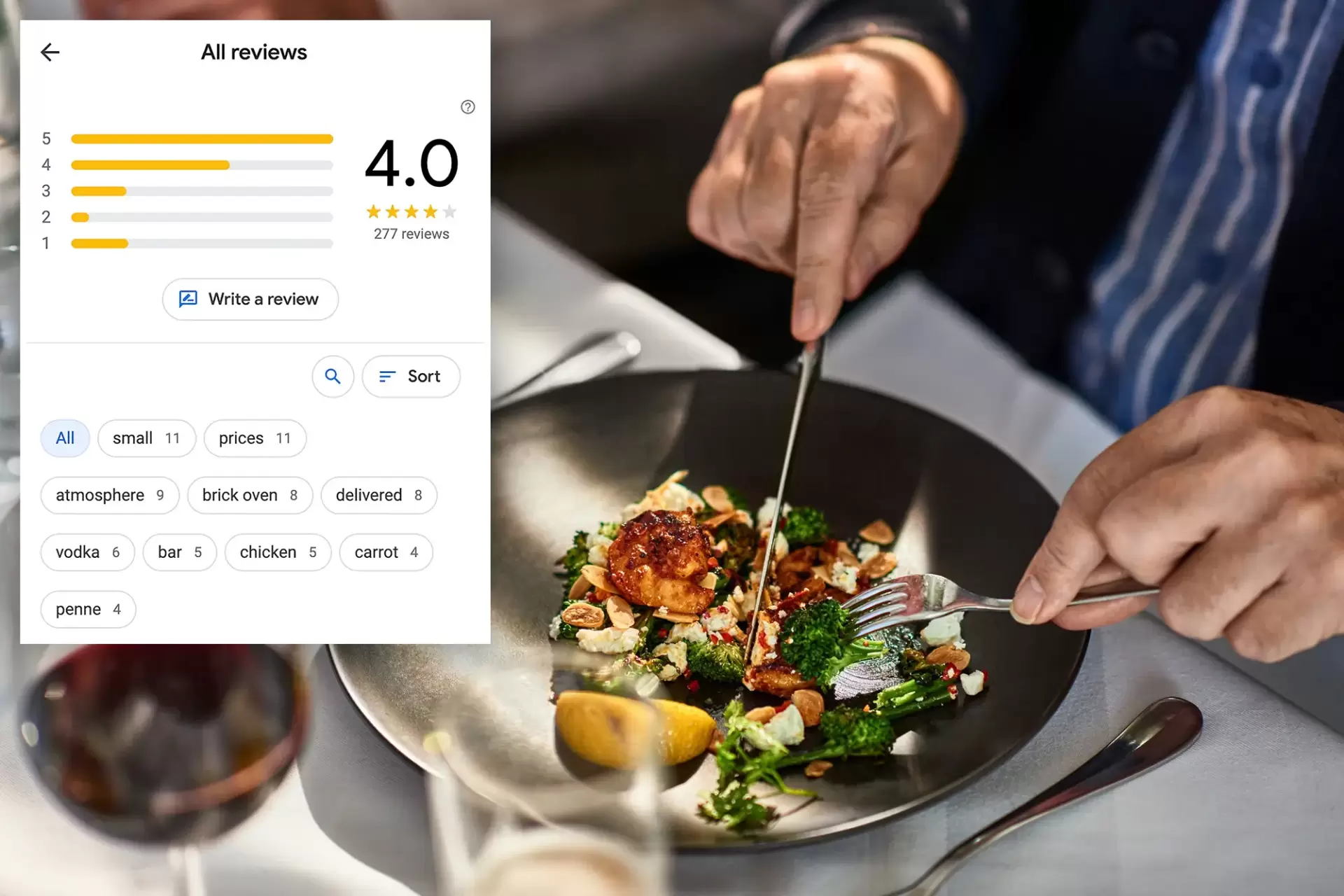
Diverse Perspectives
Diverse Perspectives
One strength of Google Reviews lies in the diversity of perspectives. Reviews come from a wide range of individuals with varied tastes, preferences, and expectations. This diversity can provide a comprehensive overview of a restaurant’s strengths and weaknesses, offering potential diners a broader understanding.
Quantity vs. Quality
The sheer quantity of reviews on Google can be both a blessing and a curse. On one hand, a high number of reviews can indicate popularity and a broad customer base. On the other hand, sorting through numerous reviews to find authentic and detailed feedback can be challenging. Prioritizing reviews with detailed descriptions and personal experiences can enhance the reliability of the information.

Quantity Vs. Quality
Authenticity Challenges
The authenticity of Google Reviews can be a point of contention. Some reviews may be biased or even fabricated, whether by competitors, disgruntled customers, or overly enthusiastic promoters. It’s crucial for readers to approach reviews critically, looking for consistency across multiple sources and considering the overall sentiment.
Evolving Circumstances
Restaurants, like any business, can experience changes over time. Staff turnover, menu adjustments, or shifts in management can influence the dining experience. Older reviews may not accurately reflect the current state of a restaurant. It’s advisable to focus on recent reviews that offer insights into the restaurant’s current standards.

Evolving Circumstances
Specificity and Context
Trustworthy reviews often provide specific details about the dining experience. Vague or overly emotional reviews may lack the substance needed to make an informed decision. Look for reviews that mention particular dishes, service interactions, or the ambiance to gain a clearer understanding of what to expect.
Balancing Positive and Negative Feedback
A mix of positive and negative reviews can paint a more realistic picture. No restaurant is perfect, and genuine feedback often includes a combination of praises and critiques. If a restaurant has overwhelmingly positive or negative reviews, it’s essential to delve deeper to understand the nuances of the dining experiences shared by patrons.

Balancing Positive And Negative Feedback








